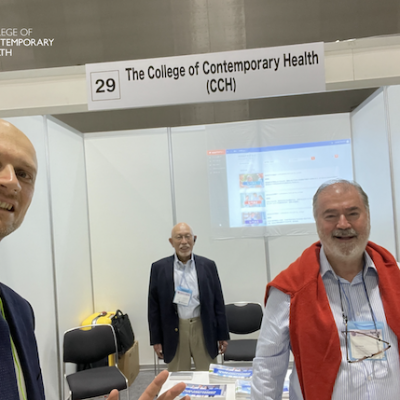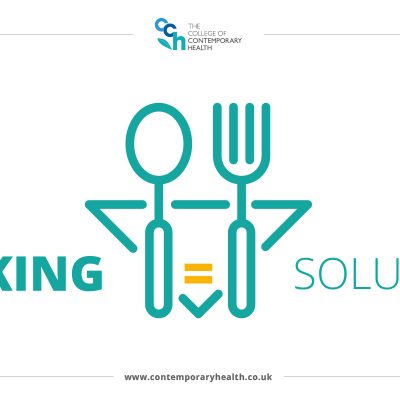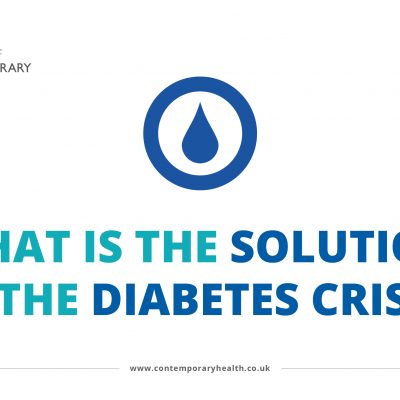
Cooking Up a Solution to the Obesity Crisis?
As the global obesity epidemic continues to escalate, different solutions are put forward every day by governments, private organisations, charities, and members of the public. Of the many varying solutions that are suggested, one, in particular, seems to have gained a lot of traction in the last couple of years; cooking classes. It is said that due to the obesogenic environment we live in, and both the stresses and conveniences of modern life, that the art of cooking, is a dying one. Time constraints and modern conveniences have seen a surge in the consumption of highly processed, high calorie, energy-dense food, and a plummet in people taking the time to cook, exercise and take part in other physical activity.
The argument for cooking classes is the idea that it will bring the public back into the kitchen where they will rekindle their love for fresh, healthy ingredients and homemade taste, whilst also getting more physical activity in the process. Cooking classes as a treatment for individuals with overweight and obesity is not a new idea, and has actually been in existence since early 2017 when the National Institute for Health and Care Excellence (NICE), and the NHS Diabetes Prevention Programme: Healthier You, both published guidelines suggesting, amongst other things, that cooking classes should be an option for those who are seeking to make drastic lifestyle changes in order to help treat, and even reverse, their obesity.
Adult cooking classes for individuals with overweight and obesity seem like a good idea, but that doesn’t mean it wasn’t greeted with its fair share of scepticism with Guardian columnist, Hugh Muir, stating “Cookery courses for obese people are pointless, and ministers know it.” Mr. Muir believes that cooking is no solution to the obesity crisis and that instead, it is government intervention and policy that should be the solution. What he fails to realise is that there is no single solution to such a complex problem and that government intervention, cooking classes, and a host of other obesity prevention initiatives are the answer.
Cooking classes have not just been recommended as a treatment strategy for adults with overweight or obesity, but also as a part of the preventative strategy for children as well. Many children growing up in the 21st Century have been surrounded by cheap takeaways and ready-made, or frozen, meals which have contributed to the rise of childhood obesity levels to unprecedented highs, and has left some children incapable of preparing any type of fresh meal. This includes every step of the process, from buying the raw ingredients at the supermarket, to preparation, and to finally cooking it. The idea was first proposed in the UK in 2008 by then Schools and Children Secretary, Ed Balls. He said, “Teaching kids to cook healthy meals is an important way schools can help produce healthy adults.” Eating habits, and education on nutrition, are certainly vital and necessary skills that our young people should be equipped with if they are ever to have a chance of remaining a healthy weight in our present environment.
Both Muir and Balls had very strong opinions on the helpfulness of cooking classes in the face of the obesity epidemic, but, neither had any evidence to help strengthen their positions at the time. Despite the scepticism, cooking classes have provided promising results as released for the first time this week by the NHS. Their diabetes prevention programme, Healthier You, introduced cooking to adults with obesity as part of a treatment plan and it was found that, “overweight people who attended NHS exercise and cookery classes lose an average of half a stone” Despite these results only being preliminary, it is certainly promising news for the fight in the obesity epidemic, and a great tool for helping us to reshape the way in which we can think about tackling it.
What’s important to remember, however, is that cooking classes will only truly be useful to the public if they have a professional help them understand the nutrition behind the meal they are preparing. However, given the level of nutritional education in current medical training, that will be a tall order. According to recent research, there is a “severe deficiency in nutrition education at all levels of medical training.” The foundational links between nutrition and weight management need to be understood by health professionals if we are to be serious about reversing the current worrying trends of overweight and obesity with the public. The College of Contemporary Health’s Nutrition and Weight Management short course was designed specifically to help rectify the lack of nutritional education that our healthcare professionals need. Cooking classes and health professionals with more robust and up-to-date nutritional education, together can take the public fight against the obesity epidemic a step in the right direction.




